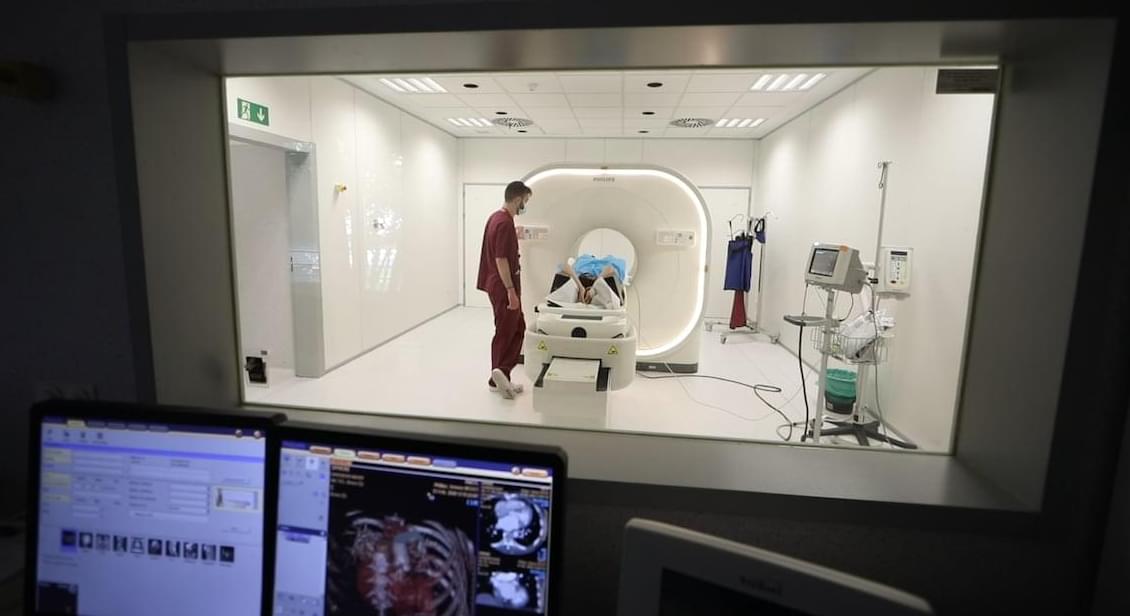The Argentine microbiologist Federico Rey and Indian pathologist Vaibhav Vemuganti applaud the “exciting opportunities” that the new study opens for the prevention and treatment of cardiovascular disease. In a commentary also published Wednesday in Nature, the two experts emphasize that exposure to imidazole propionate worsens plaque formation in the arteries of mice. “This effect occurs independently of changes in cholesterol levels, a surprising result given the central role of cholesterol in the development of atherosclerosis,” note the two specialists, from the University of Wisconsin-Madison. “This discovery offers an interesting clue about a possible new factor involved in the origin of atherosclerosis. This is very relevant because, although lowering cholesterol — through drugs called statins, for example — can effectively reduce the risk of cardiovascular disease, a considerable proportion of people still experience adverse cardiovascular events, such as myocardial infarctions or strokes,” they warn. The CNIC itself said in a statement that the new study “could revolutionize” the diagnosis and treatment of atherosclerosis.
Sancho stresses that the work has been made possible thanks to the collaboration of thousands of volunteer employees of Banco Santander in Madrid, but also thanks to grants of €1 million from the “la Caixa” Foundation, €150,000 from the European Research Council and €100,000 from the State Research Agency.
The discovery of the decisive effect of imidazole propionate on atherosclerosis takes place against a backdrop in which the scientific community is revealing the unknown role of intestinal microbes in some human diseases. The biotechnologist Cayetano Pleguezuelos and his colleagues at the Hubrecht Institute (The Netherlands) demonstrated in February 2020 that a strain of the bacterium Escherichia coli produces a toxic molecule, called colibactin, which damages the DNA of human cells and causes malignant tumors.
